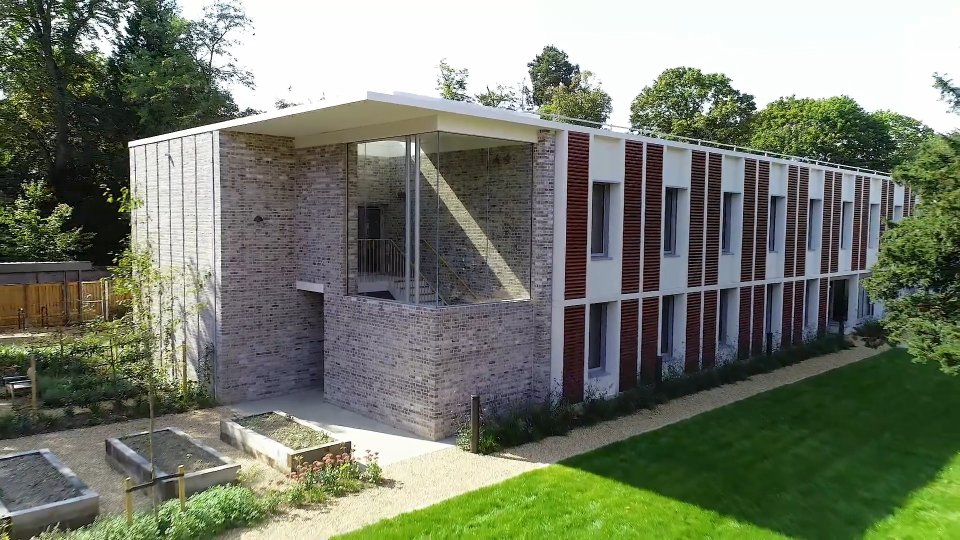
King’s College acknowledges and takes responsibility for the environmental impact of its activities. The College is committed to mitigating the impact of its operations and behaviours on the natural environment, and complies with all environmental legislation. It works to increase awareness of environmental responsibility amongst its Fellows, students and staff, and pledges to maintain all buildings and grounds in an environmentally conscious manner for the benefit of all present and future college members and visitors.
In keeping with its tradition of innovation and intellectual excellence, the College also outlines the following policies and practices, which it will uphold in order to further improve its environmental performance.
The College will appoint a Fellow responsible for environmental issues, to report annually to the Council and Governing Body on performance, to work with the bursar, and to liaise with:
- The Housekeeping Manager
- Clerk of Works
- Catering Manager
- Student Representatives
who, in turn, will:
- Promote, monitor and improve environmental policies and practices in their areas, and develop their own specific policies and targets, where necessary
- Maintain a standing agenda item of ‘environmental issues’ on relevant committees
with the overarching intention to:
- Reduce the volume of waste within our estate by reducing consumption, and by repairing, re-using and recycling all materials used within our estate in daily operations and in other projects.
- Reduce the consumption of energy and reduce our contribution to emissions of fossil fuels by monitoring and managing our consumption and use of energy, by promoting energy saving amongst all college members and by incorporating long-term strategies for efficiency and sustainability into planning and development.
- Monitor and work to reduce our contribution to environmental emissions from travel undertaken for business purposes, and to actively encourage the use of public transport and cycling.
- Purchase goods and services to minimise adverse environmental effects by undertaking sustainable procurement, by avoiding use of any hazardous substances, and by encouraging suppliers to commit to improving environmental performance.
Targets are to be reviewed regularly and this policy is to be reviewed every five years.

